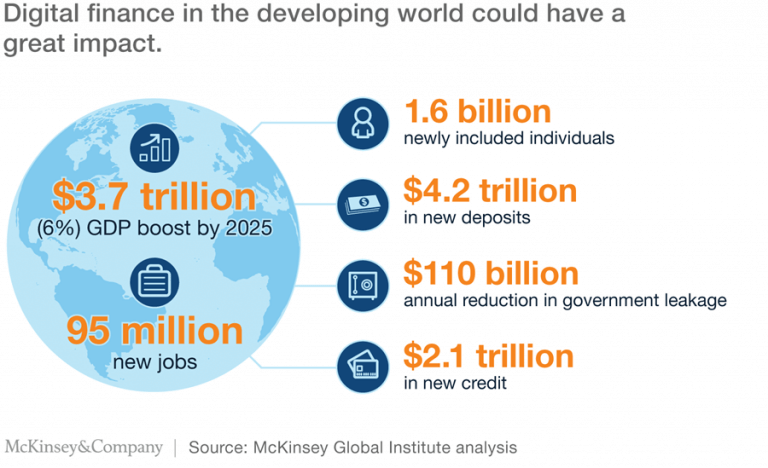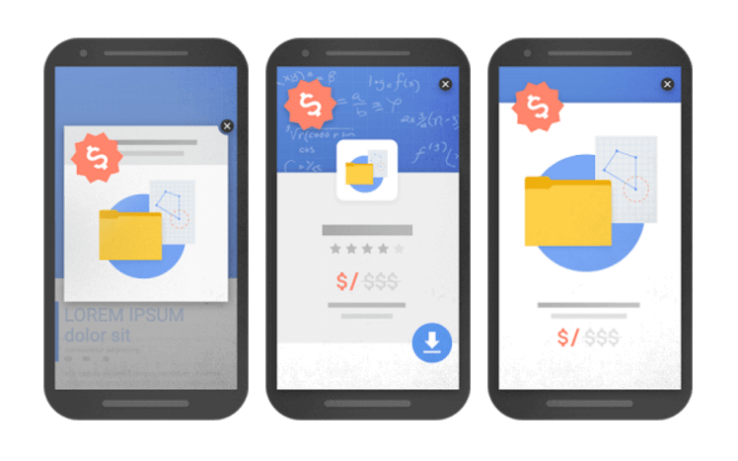KEY TAKEAWAY: Developing any digital initiative starts with users, but it seems that a lot of pharma companies have forgotten this key point. What consumers want and need is very different from what pharma offers.
In celebration of Digital Pharma East I received permission from a pharma client to discuss some topline findings from some qual and quant research conducted in August and September of this year. The objective was to determine just how much investment would be required to make a pharma website relevant to patients, caregivers and consumers. Here are the findings:
1ne: The vast majority of online health seekers will go to pharma websites to learn about medications, but will go elsewhere for support, including more insights on “how to live with chronic health conditions”.
2wo: Boomers trust pharma websites more than Millennials, but they are just as likely to “fact check” pharma’s claims.
3hree: The home page of a pharma product website often determines how deep users will go within the site. Sites that look “too medical” have a higher bounce rate than sites that more focused on patient and caregiver needs.
4our: The top information users want from a digital pharma website are product side effects, insurance coverage and product discounts.
5ive: The reading level of most pharma product websites, is too complicated. Even those with some college said that they often had to reread content to fully understand the content.
6ix: The vast majority do not want to have a social media relationship with a pharma company but they want pharma “to be there” in case they have a question.
7even: Caregivers are largely being ignored by pharma websites. They spend a lot of time trying to better understand how to help loved ones manage their health issues.
8ight: Women are still the primary users of online health. Men, even Millennials, will take an Rx and have it filled while women will do “more research”.
9ine: The biggest “want” for users continues to be a way to share information with other patients. They trust each other and they don’t understand why pharma can’t use the Internet to connect similar patients.
10en: While the most mentioned health portal is WebMD most said they would also go to other sites to get all the information they need.
By far the biggest complaint was the amount of time they needed to spend online to fill their information needs. Like one woman said to us “I just want to know the basic info and don’t have time to spend hours online looking for what I want”.
The question becomes is pharma ready to spend more time and money to develop a great digital experience and will that lead to a new customer? I can say from firsthand experience that companies that spend time on research and creating a great user experience experience better metrics than those that don’t.










